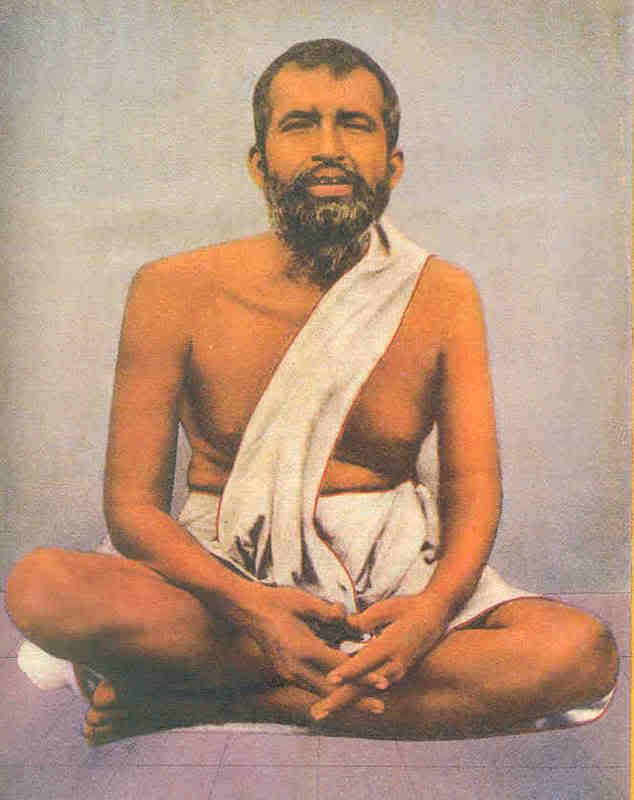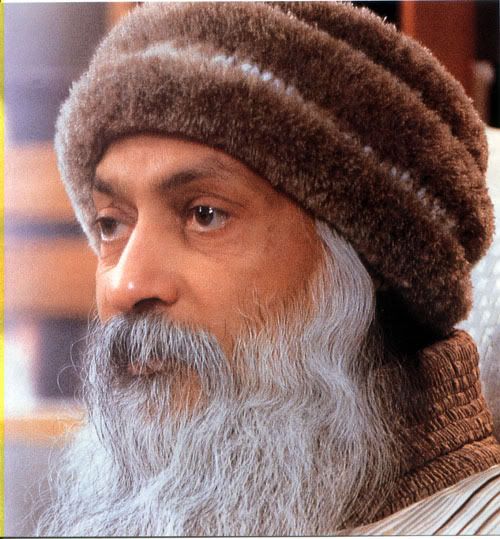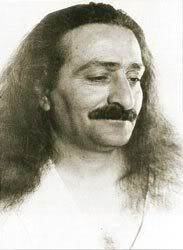know thyself Plato
"Know then thyself"--Plato.
Plato is a great greek philosopher and he gave the dictum after all his pursuit of knowledge
Know ourselves: It is now possible to be keenly aware of the parental and social forces which make us who we are. we are conditioned by these and our thinking is bound by these. This prevents our freedom for knowing ourselves.Proper good deeds and actions absolve us from these and pave way to know ourselves.
Know thyself suggestion from zarathrustra Zarathustra is, of course, the name of the founder of the ancient Zoroastrian faith.He suggested vigourously everyone to pursuit the riddle know thyself. If you know the self every thing is known. So one has to get a new conception of Man. Man finds himself, as it were, in a universe without God. He is on his own, he is alone. So Man has to try to understand himself afresh. He can't take ready-made any conception, any idea about himself. He can't simply accept what the Christian tradition tells him about himself. He just finds himself here, here and now, and has to ask himself 'Who am I? What am I?' He finds himself in the midst of the starry universe, he finds himself standing on the Earth, surrounded by other men, with a history behind him, perhaps with a future before him, and he has to ask himself, and ask only himself - nobody else because there's nobody else to tell him - he has to ask himself 'Who am I? What am I?'. This itself is the
knowledge pursuit of know thyself.The answer to the question of who am i is the answer for know thyself command. Now that all the old definitions are gone, Man has to define himself, has to define himself anew, has to discover himself, to know himself. And this in fact is what Zarathustra has already done on the mountain. He has thought, he has meditated perhaps, contemplated perhaps, for ten long years, and now he knows what Man is. And this is the message that he now brings to humanity. This is the insight that he now brings to humanity.knowledge pursuit of know thyself.The answer to the question of who am i is the answer for know thyself command. Now that all the old definitions are gone, Man has to define himself, has to define himself anew, has to discover himself, to know himself. And this in fact is what Zarathustra has already done on the mountain. He has thought, he has meditated perhaps, contemplated perhaps, for ten long years, and now he knows what Man is. And this is the message that he now brings to humanity. This is the insight that he now brings to humanity.
Plato is a great greek philosopher and he gave the dictum after all his pursuit of knowledge
Know ourselves: It is now possible to be keenly aware of the parental and social forces which make us who we are. we are conditioned by these and our thinking is bound by these. This prevents our freedom for knowing ourselves.Proper good deeds and actions absolve us from these and pave way to know ourselves.
Know thyself suggestion from zarathrustra Zarathustra is, of course, the name of the founder of the ancient Zoroastrian faith.He suggested vigourously everyone to pursuit the riddle know thyself. If you know the self every thing is known. So one has to get a new conception of Man. Man finds himself, as it were, in a universe without God. He is on his own, he is alone. So Man has to try to understand himself afresh. He can't take ready-made any conception, any idea about himself. He can't simply accept what the Christian tradition tells him about himself. He just finds himself here, here and now, and has to ask himself 'Who am I? What am I?' He finds himself in the midst of the starry universe, he finds himself standing on the Earth, surrounded by other men, with a history behind him, perhaps with a future before him, and he has to ask himself, and ask only himself - nobody else because there's nobody else to tell him - he has to ask himself 'Who am I? What am I?'. This itself is the
knowledge pursuit of know thyself.The answer to the question of who am i is the answer for know thyself command. Now that all the old definitions are gone, Man has to define himself, has to define himself anew, has to discover himself, to know himself. And this in fact is what Zarathustra has already done on the mountain. He has thought, he has meditated perhaps, contemplated perhaps, for ten long years, and now he knows what Man is. And this is the message that he now brings to humanity. This is the insight that he now brings to humanity.knowledge pursuit of know thyself.The answer to the question of who am i is the answer for know thyself command. Now that all the old definitions are gone, Man has to define himself, has to define himself anew, has to discover himself, to know himself. And this in fact is what Zarathustra has already done on the mountain. He has thought, he has meditated perhaps, contemplated perhaps, for ten long years, and now he knows what Man is. And this is the message that he now brings to humanity. This is the insight that he now brings to humanity.



